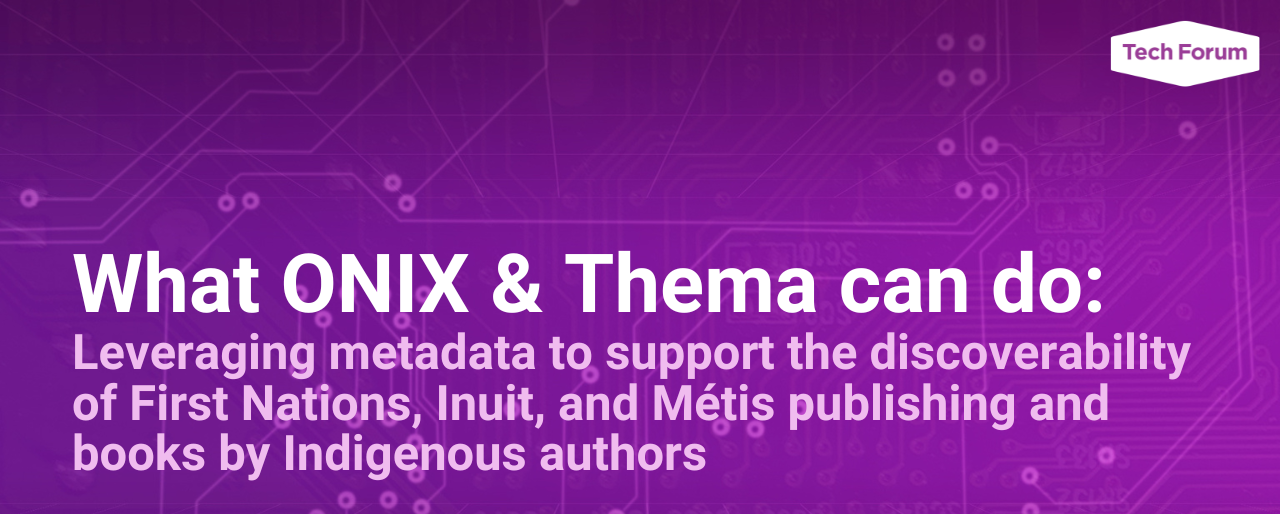To support their detailed ONIX documentation, international standards organization EDItEUR releases Application Notes. These notes are short white papers that look in-depth at a single ONIX topic that users are asking about or that EDItEUR is aware can be problematic.
You can see and download the full list of Application Notes here, but we thought we'd take the opportunity to highlight a new release, Aspects of AI in ONIX, for your reading pleasure:
Artificial intelligence – and in particular a class of generative AI systems based on large language models that can be used to create plausible text for a variety of uses – is the subject of much discussion in publishing. Such models can summarise content to create abstracts or suggest subject classifications, and they can be used to write marketing collateral, articles or entire books. Related AI techniques can create illustrations, narrate audiobooks or perform translation. But many decry a looming ‘tsunami of low-quality AI-generated content’ that threatens to overwhelm that from human creators.
One reaction to this is to forswear use of AI or to avoid trading in AI-created products. A more realistic option is simply to be transparent with trading partners and readers when AI has been used. And as some resellers limit or ban AI-based content from their platforms, it is important for reputable publishers to highlight those products that do use generative AI techniques to create content.
The application note covers crediting multiple types of AI contributors, and how to specify that a publisher has opted out of the EU’s copyright exception for commercial text and data mining, introduced as part of the Directive on Copyright in the Digital Single Market. Read the full report here (PDF).














An interview with Vanessa Gomez about the online platform she created where new professionals can find relevant information about the industry.